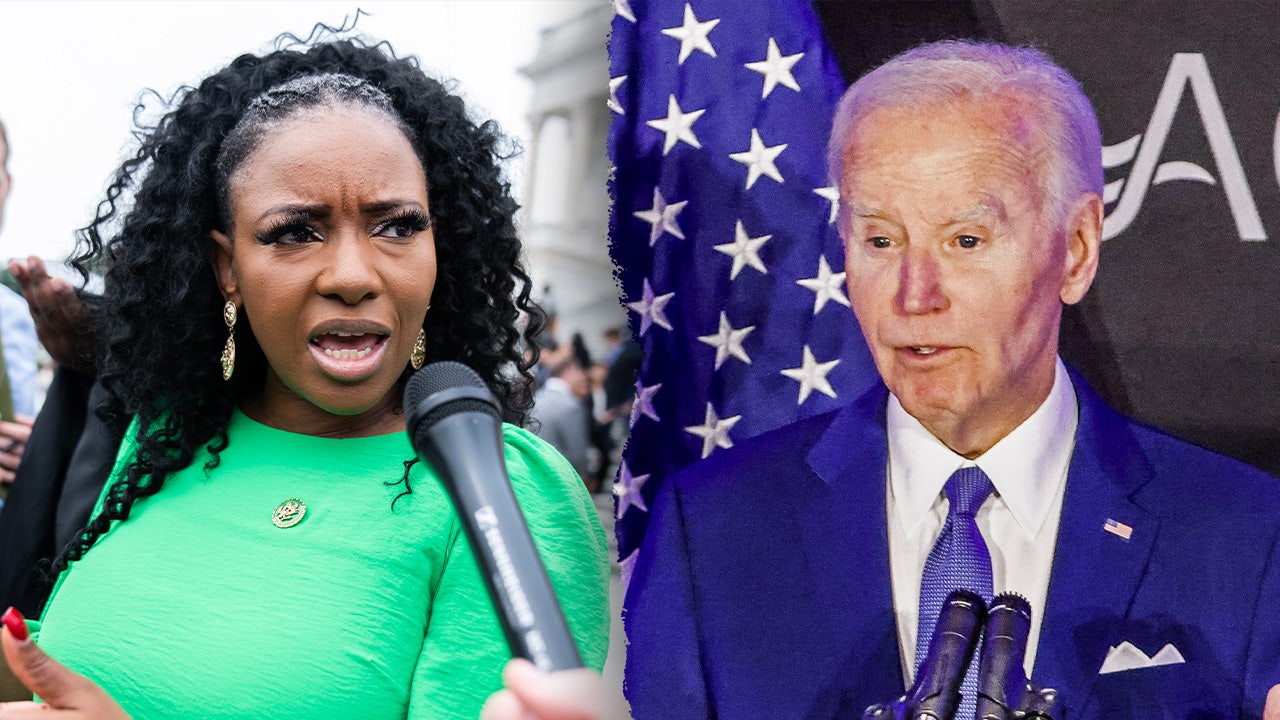Report says ‘nonpartisan’ CBO division overwhelmingly staffed by Dems, politically biased

The Congressional Budget Office (CBO), an agency responsible for providing budget and economic information to lawmakers, has come under scrutiny for its alleged partisan bias. According to the American Accountability Foundation (AAF), a conservative government research nonprofit, the CBO’s Health Analysis Division is dominated by liberal Democrats, casting doubt on its reputation for nonpartisanship.
The AAF found that out of the 32 staff members in the Health Analysis Division, 26 of them, or 84%, have verified liberal partisan biases. These biases include being registered Democrats, Democratic donors, or Democratic primary voters. The AAF’s memo outlining these findings raises concerns about the objectivity of the division, especially as it plays a key role in analyzing federal health care programs like Medicare, Medicaid, and health insurance subsidies.
AAF President Tom Jones criticized the CBO for presenting itself as nonpartisan while allegedly promoting progressive policy changes. He accused the CBO staffers of using their influence to advance leftist agendas and called for policymakers to view their pronouncements with skepticism.
The AAF’s report also highlighted the CBO’s efforts to cultivate a reputation as a neutral scorekeeper, despite its progressive roots. The group pointed out that the mainstream media frequently describes the CBO as nonpartisan, further solidifying its image as an unbiased institution.
While the CBO prohibits its employees from engaging in political activities that could associate the agency with a particular campaign or cause, the AAF’s research found instances of Democratic donations among staff members. Health Analysis Director Chapin White, for example, donated to former Secretary of State John Kerry’s presidential campaign in 2004.
Overall, the AAF’s investigation raises questions about the CBO’s objectivity and calls into question its ability to provide impartial budget and economic information to lawmakers. The agency’s reputation as a nonpartisan entity may be at risk, as concerns about political bias continue to mount.




